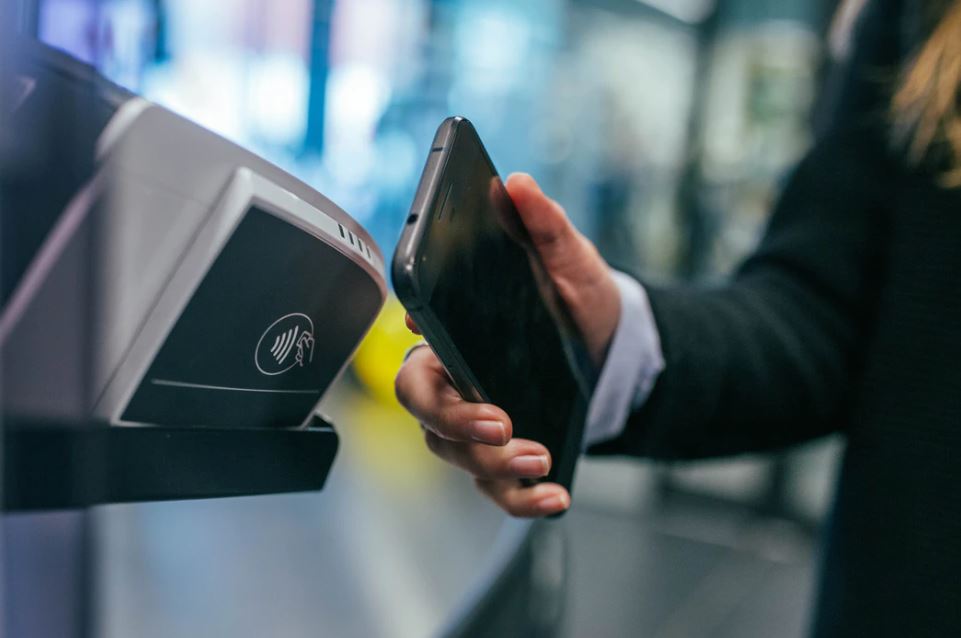Panama City to Accept Crypto for Taxes and Public Services
17.04.2025 19:00 2 min. read Alexander Stefanov
In a move positioning Panama City at the forefront of digital finance in Latin America, Mayor Mayer Mizrachi revealed that the city will soon begin accepting cryptocurrency payments for various public services, including taxes, permits, and even bus fares.
The initiative, announced on April 15, enables residents to pay using Bitcoin, Ethereum, USDC, and USDT. While the national law requires all government transactions to be settled in U.S. dollars, the city has bypassed this hurdle through a partnership with a local bank that will instantly convert crypto payments into fiat. This solution allows the city to offer crypto-friendly options without changing any existing legislation.
Mayor Mizrachi noted that past administrations attempted similar efforts but were blocked by legal restrictions tied to the country’s dollar-based public finance system. Now, by integrating real-time conversion infrastructure, Panama City is carving a compliant path to crypto adoption.
This move aligns Panama’s capital with an expanding roster of cities and regions worldwide embracing blockchain technology for public finance. Similar programs have been rolled out in places like Colorado, which began accepting crypto for state taxes in 2022, and Lugano, Switzerland, which now permits Bitcoin payments for municipal fees. Vancouver and North Carolina are also exploring legislation and frameworks to include crypto in their official payment systems.
As jurisdictions across the globe experiment with digital asset integration—some even considering Bitcoin for treasury protection against inflation—Panama City’s practical, regulation-friendly model could serve as a template for others navigating the intersection of crypto and public finance.
-
1
Ripple Faces Legal Setback as Court Rejects Bid to Ease Penalties
26.06.2025 16:54 1 min. read -
2
Ripple Has Applied for a National Banking License
03.07.2025 7:00 2 min. read -
3
What Will Happen With the Stock Market if Trump Reshapes the Fed?
29.06.2025 13:00 2 min. read -
4
Barclays Blocks Crypto Credit Card Payments in Latest Blow to Retail Investors
26.06.2025 8:00 2 min. read -
5
Top 10 Biggest Crypto Developments This Week
12.07.2025 22:00 3 min. read
Weekly Crypto Roundup: Bitcoin Hits ATH, Ethereum Surges, Trump Advances Crypto Reforms
Analyzing the latest updates shared by Wu Blockchain, this past week underscored a pivotal shift in the crypto landscape. Bitcoin surged to a new all-time high of $123,226, pushing the overall crypto market cap beyond $4 trillion—a milestone reflecting renewed investor confidence and accelerating institutional flows.
Charles Schwab to Launch Bitcoin and Ethereum Trading Soon, CEO Confirms
Charles Schwab is preparing to roll out spot Bitcoin and Ethereum trading, according to CEO Rick Wurster during the firm’s latest earnings call.
BlackRock Moves to Add Staking to iShares Ethereum ETF Following SEC Greenlight
BlackRock is seeking to enhance its iShares Ethereum Trust (ticker: ETHA) by incorporating staking features, according to a new filing with the U.S. Securities and Exchange Commission (SEC) submitted Thursday.
IMF Disputes El Salvador’s Bitcoin Purchases, Cites Asset Consolidation
A new report from the International Monetary Fund (IMF) suggests that El Salvador’s recent Bitcoin accumulation may not stem from ongoing purchases, but rather from a reshuffling of assets across government-controlled wallets.
-
1
Ripple Faces Legal Setback as Court Rejects Bid to Ease Penalties
26.06.2025 16:54 1 min. read -
2
Ripple Has Applied for a National Banking License
03.07.2025 7:00 2 min. read -
3
What Will Happen With the Stock Market if Trump Reshapes the Fed?
29.06.2025 13:00 2 min. read -
4
Barclays Blocks Crypto Credit Card Payments in Latest Blow to Retail Investors
26.06.2025 8:00 2 min. read -
5
Top 10 Biggest Crypto Developments This Week
12.07.2025 22:00 3 min. read


